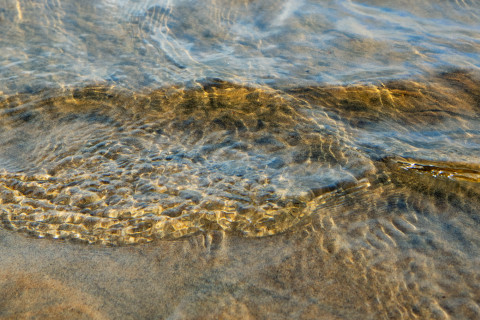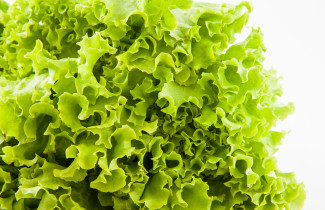The doctoral dissertation in the field of Aquatic Ecology will be examined at the Faculty of Science and Forestry, Joensuu Campus and online.
What is the topic of your doctoral research? Why is it important to study the topic?
My research topic is environmentally induced plasticity in reproduction and offspring traits in salmonid fishes. My thesis investigates the impacts of environmental variables such as rearing environment and pollutants on fish reproduction and offspring traits through phenotypic and transgenerational plasticity. Human-induced environmental changes affect aquatic ecosystems and their organisms; however, it is not always clear how organisms cope with such novel pressures. Despite all efforts to conserve and rehabilitate extirpated populations, many aquatic species are impacted and even threatened as a result of human activities such as pollution. This thesis is one of the first efforts to tackle the effects of early enriched environment on fish sperm quality and skin coloration, and to study the ability of fish to plastically respond to the novel pollutants such as plastics.
What are the key findings or observations of your doctoral research?
Every year millions of fishes are reared using traditional aquaculture methods and released into the wild with a low chance of survival, why enriched rearing methods have been developed. In the first chapter of my thesis, I show that early enriched rearing can have long term carryover effects on adult brown trout phenotypes. The other part of this thesis focuses on nanoplastic particles (NPs), which are currently one of the most serious environmental challenges. Gametes in fish with external fertilization can become exposed to environmental NPs and other pollutants; therefore, understanding the sensitivity of gametes to pollutants and early developmental stages is crucial. The present thesis found out, using whitefish as a model, that NPs can impair male fertility potential and have transgenerational effects on offspring phenotype and performance.
How can the results of your doctoral research be utilised in practice?
Overall, my thesis demonstrated how the reproduction of organisms could be affected by environmental variation. The work serves as a basis for future efforts aiming to further develop semi-natural hatchery-rearing methods and to understand the post-release performance of hatchery-reared salmonids. Plastic pollution is an emerging concern. The results of this thesis provide the basis for future research on the effects of plastic pollution on fish reproduction. As my focus here was on the acute pollution exposure of gametes, future studies should address the possible long-term impacts of pollution on the reproduction and well-being of fish over several generations.
What are the key research methods and materials used in your doctoral research?
I used brown trout and whitefish as model species that were raised in the hatcheries. Both fish are ecologically and economically valuable. My thesis consists of four studies. In the first study, I measured sperm quality and skin spot coloration from the adult brown trout in order to investigate the possible phenotypic plasticity induced by different rearing environments (standard and enriched). In the rest of the thesis, the possible adverse effects of pollutants such as cadmium and nanoplastics on sperm quality of whitefish were studied. I also investigated the potential transgenerational effects of such pollutants on the subsequent offspring phenotype and performance.
Is there something else about your doctoral dissertation you would like to share in the press release?
I’d like to thank the staff of the Kainuu and the Saimaa Fisheries Research and Aquaculture Station of the Natural Resources Institute Finland (Luke), without their collaboration this thesis would have not been possible.
The doctoral dissertation of Sareh Yaripour, MSc, entitled Environmentally induced plasticity in reproduction and offspring traits in salmonid fishes, will be examined at the Faculty of Science and Forestry. The Opponent will be University Lecturer, Docent Markus Rantala, University of Turku, and the Custos will be Professor Raine Kortet, University of Eastern Finland. Language of the public defence is English.
For more information, please contact:
Sareh Yaripour, [email protected]





